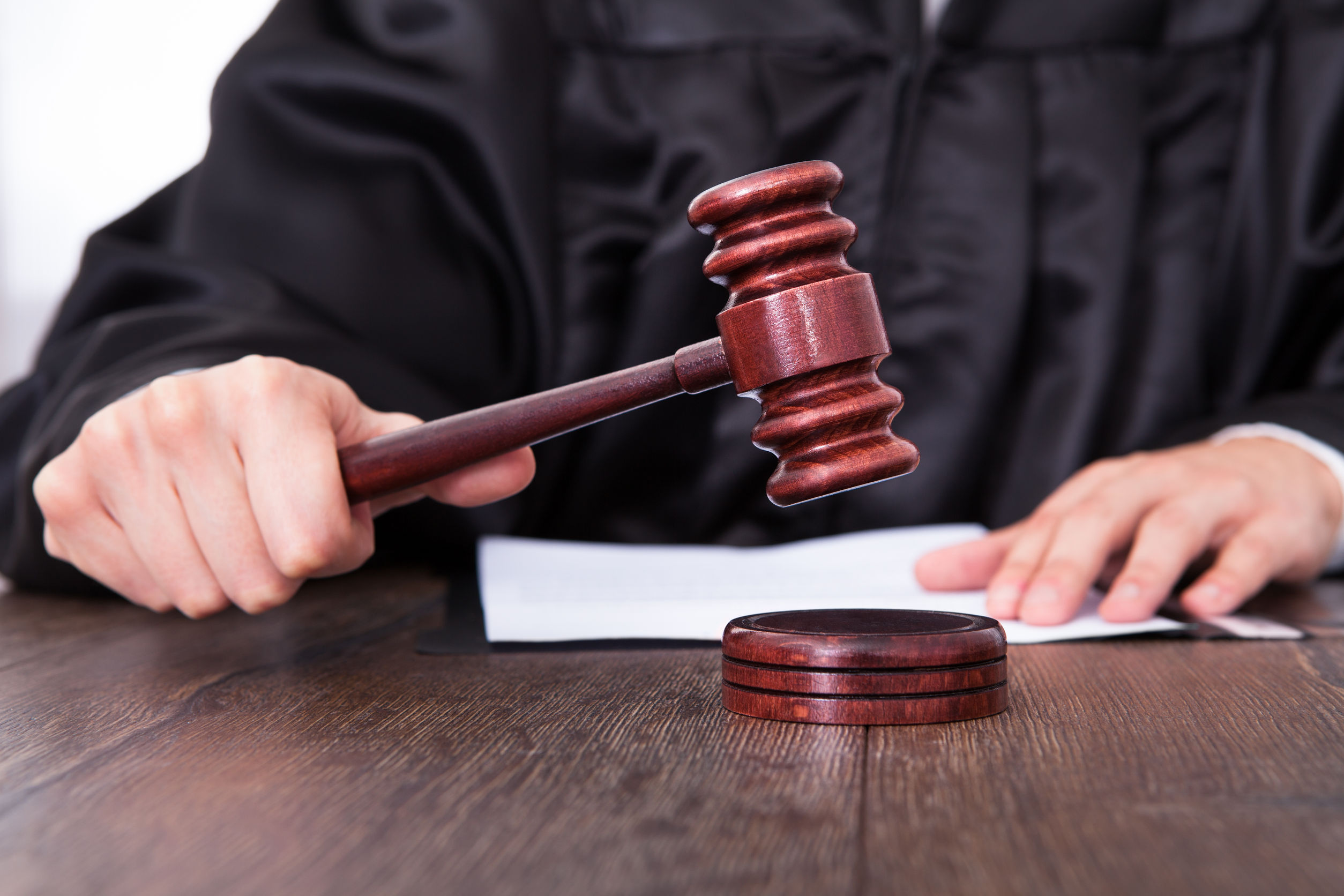When filing a personal injury claim, most victims are required to submit to a deposition. While exceptions are rare, most occur when accident fault is not in doubt and the at-fault party’s insurer provides a fair settlement right away. Read on to learn about the deposition process as it relates to personal injury cases.
Depositions: What Are They?
Depositions are oral statements provided under oath during the discovery phase. Simply put, a deposition is an interview between a witness and an attorney, through which the lawyer can determine what the witness knows. The witness’ court testimony should be consistent with the information provided in the deposition. In personal injury cases, depositions cover details of the event and the person’s injury, as well as information on the recovery and the accident’s effects on the victim’s daily life.
Understanding the Questions
It is impossible for a victim to provide accurate answers when they do not understand the question. The client should wait for the lawyer to finish speaking before trying to answer the question, and they should ask for clarification when they are unsure. Clients should not guess the meaning of the question, because it may lead to saying things that could be misinterpreted.
Don’t Be Afraid to Be Unsure
If a victim is unsure of the answer to a question, it is acceptable for them to say so or that they don’t remember. If the other side’s attorney continues to push, the victim should say that they do not want to violate the oath by guessing at the answer.
Stay on Topic
Clients should only answer questions that are asked, and they should not provide extra information even if it may be beneficial. If the other person’s injury lawyer in Honolulu does not ask a question, they are at fault for omitting the information. Yoshida & Associates, A Law Corp can use the omission as evidence during trial or settlement negotiations.
Remain Calm
During a deposition, it is common for victims to face upsetting questions. It is acceptable for a victim to exhibit emotion, but they should not allow emotions to interfere with their ability to provide honest answers to questions.
Read the Paperwork Before Signing
After the deposition concludes, the victim will be asked to sign a transcript. A client should never waive the right to read a transcript before signing it; a thorough reading will allow the client and an injury lawyer in Honolulu to correct omissions.
Like our Facebook profile.


